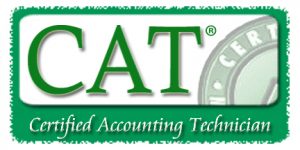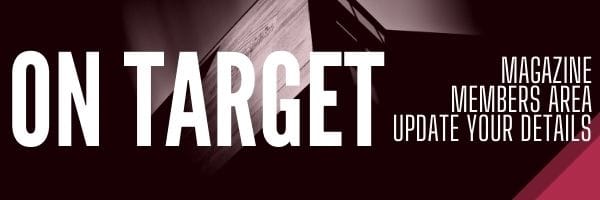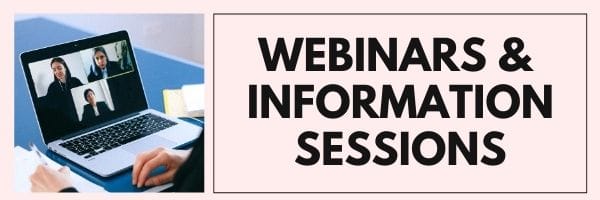 Certified Accounting Technician (CAT) Program Overview
Certified Accounting Technician (CAT) Program Overview
Accounting technicians work across sectors in private, public and not for profit organisations. They carry out a range of practical accountancy, financial and taxation work. This work includes: (a) checking and analysing financial information used by accountants; (b) preparing financial information required by professional accountants. Examples of work performed by accounting technicians includes: administering payroll; arrangement payment of invoices; bookkeeping; accounts preparation and creating reports, budgets and statements.
This is a technician (bookkeeper) level qualification that comprises of the 4-subjects in Stage One of the GMA program as follows:
|
ICMA Subjects |
|
|
Stage 1 |
Organisational Management |
ICMA’s Certified Accounting Technician (CAT) credential has been assessed for equivalency on the New Zealand Qualifications Framework (NZQF) at the Level 4 (Certificate) by the New Zealand Qualifications Authority (NZQA).
The CAT program can be done via the Global Business School.
The CAT program is specifically for school leavers who wish to work at the accounting support level. The subjects are as follows:
Unit 1 : Organisational Management
Objectives :
On completion of this subject students should have an understanding and appreciation of the managerial role and the contribution managers make to organisational effectiveness; within a financial services context; have an understanding of the major managerial strategy and functions; demonstrate an awareness of the major behavioural science theories and concepts relating to the behaviour and communication in the workplace, performance and productivity of individuals and groups in organisations; be capable of formulating and critically evaluating alternative courses if managerial action; be able to analyse organisational situations using the knowledge and frameworks gained during the course in order to better understand, work as part of a team and predict and influence the behaviour of individuals and groups within organisations. Students should also be able to use technology in the workplace, apply health and safety practices and be able to resolve customer complaints in the workplace.
Synopsis :
explain the concept of strategy and its importance for organisational success
contribute effectively to successful management of change, enlightened human resource policies and orderly organisational development
contribute to the framing of appropriate human resource policies for the business and finance functions, to meet the organisation’s objectives.
Unit 2 : Accounting Principles and Practice
Objectives :
On completion of this subject, students should be able to understand how to prepare accounting records including profit and loss statements and balance sheets under the accrual concept of accounting for different types of business organisations. The nature purpose and limitations of accounting reports and the use of accounting information in decision-making is also covered.
Synopsis :
explain the operation of financial accounting systems (manual and computerised) and prepare simple financial statements for incorporated and unincorporated businesses.
relate basic accounting concepts to financial accounting
interpret simple financial statements and draw conclusions
read the accounts of a company (without and with subsidiaries or associates)
understand the reasons establishing internal control system.
Unit 3 : Accounting Control Systems
Objectives :
On completion of this subject students should understand how a variety of costing systems are designed and implemented in manufacturing, merchandising and service industries; appreciate the differences and conflicts between financial accounting and management accounting information systems and demonstrate the flow of costs through inventory, payroll and overhead accounts into the profit and loss statements. Students should also have a sound understanding of implementing organizational improvement programs.
Synopsis :
- understand how component elements of cost make up the total cost of an activity, service or product
- prepare cost accounting records and statements of profit for management from cost accounting records in particular operational environments
- explain the purpose of various cost accounting methods and activities, and their relevance to management and decision making
- recognise when a quantitative approach is applicable use quantitative methods to obtain accurate and reliable management information; explain and present results.
- implement organizational improvement programs.
Unit 4 : Financial Information Systems
Objectives :
On completion of this subject students should have developed an understanding of information technology and its use in a business environment; the concepts behind a comprehensive accounting package; the role of databases in business computing; the internal control issues relating to computers; the specification and selection issues for major computer systems; the impact of information technology on business processes; the preparation, uses, characteristics and limitations of financial models; advanced logic within financial models; the principles of structured programming in spreadsheet macro languages; designing, testing; debugging, coding and documenting macro programs.
Synopsis :
- explain how business information systems are structured, and the reasons for differing structures
- explain the influences of information technology on business organization
- comment on the impact of information technology on business organisations.




Stay In Touch